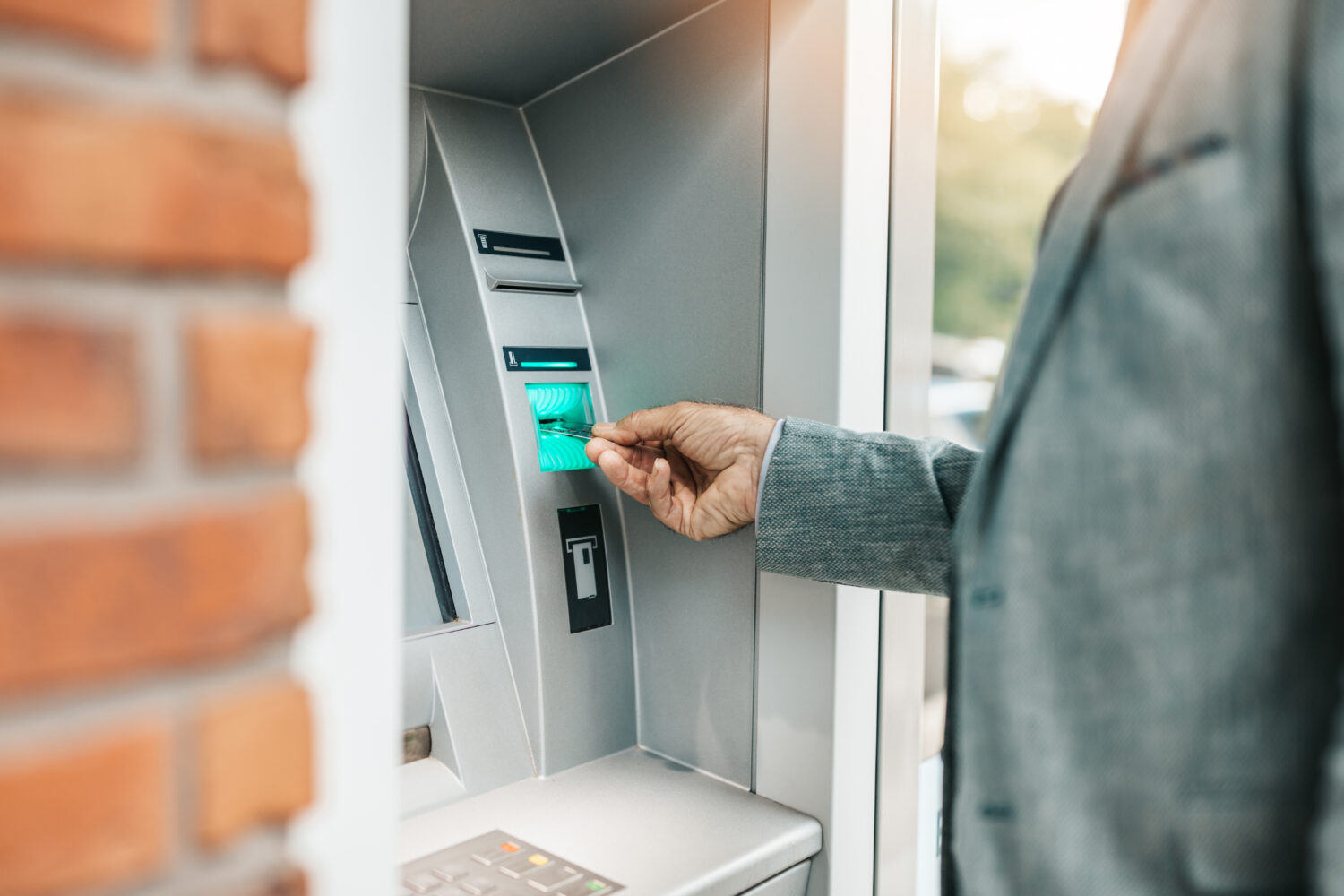
During estate planning, you may establish a trust based on your needs. Through this fiduciary relationship, the grantor will appoint a trustee who will gain the right to hold title to and manage property or assets for the benefit of beneficiaries. Generally, trusts are established to provide individuals with legal protection of their assets and ensure they are distributed according to their wishes after departure. Creating a trust comes with various benefits, including reducing estate taxes. The primary duty of a trustee is to manage the assets transferred to the trust and distribute them as the grantor stipulates. As such, many individuals wonder how and when they can withdraw from a trust. Please continue reading to learn when a trustee can withdraw money from a trust account and how an experienced Montgomery County Trust Attorney can help you today.
Can a trustee withdraw money from a trust account?
Choosing the right trustee is vital as they have many roles and responsibilities. As mentioned above, trustees are responsible for acting as a fiduciaries, meaning they must protect the investments and distribution of the trust. Trustees are entitled to use funds from the trust account to pay for funeral expenses, settle unresolved debts, and pay professionals who help with administrative tasks and costs related to any properties included in the trust. In addition, if the trust dictates, a trustee can use the funds in a trust account to invest to preserve them now and in the future. Under these circumstances, a trustee can withdraw money from a trust account. It is critical to note that a trustee can be held personally liable for a breach of their fiduciary duties.
That said, a trustee cannot withdraw money from a trust on their behalf. They only hold the right to withdraw money on behalf of the trust. Any investments they make with the funds in a trust account must benefit the trust and the beneficiaries. If a trustee uses the funds from a trust account for their benefit, they will violate their fiduciary duty, resulting in severe consequences. Ultimately, trustees can only withdraw money from a trust account for specific expenses within certain limitations. Their duties require them to comply with the grantor’s wishes. If they breach their fiduciary duties, they will be removed as the trustee and face a surcharge for compensatory damages.
How can I withdraw funds?
After a trust has been created, a bank account is opened for the trustee to access the money when necessary. The trustee is the only party that can access this account. When they need money to fulfill their duties, they can use the account to write checks, withdraw cash, or complete wire transfers. As trustees can face severe consequences if they breach their fiduciary duties, they must keep an accurate and detailed record of the financial transactions and distributions.
If you want to create a trust fund, you need a trusted Montgomery County trust attorney from JD Katz, who can help you protect your assets and choose the right trustee.
